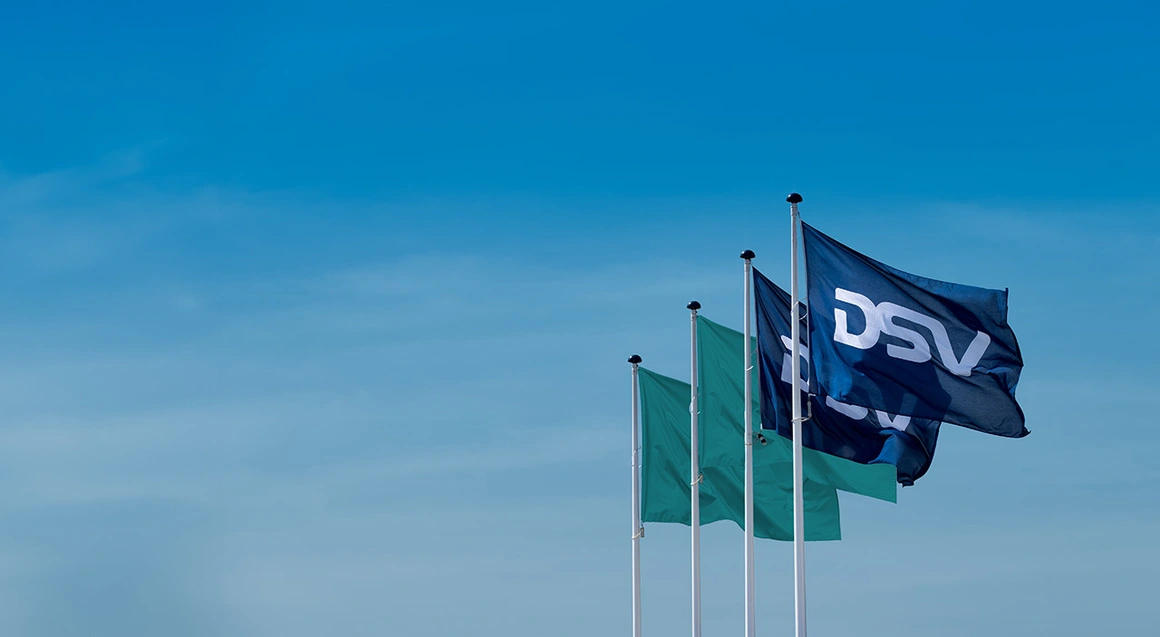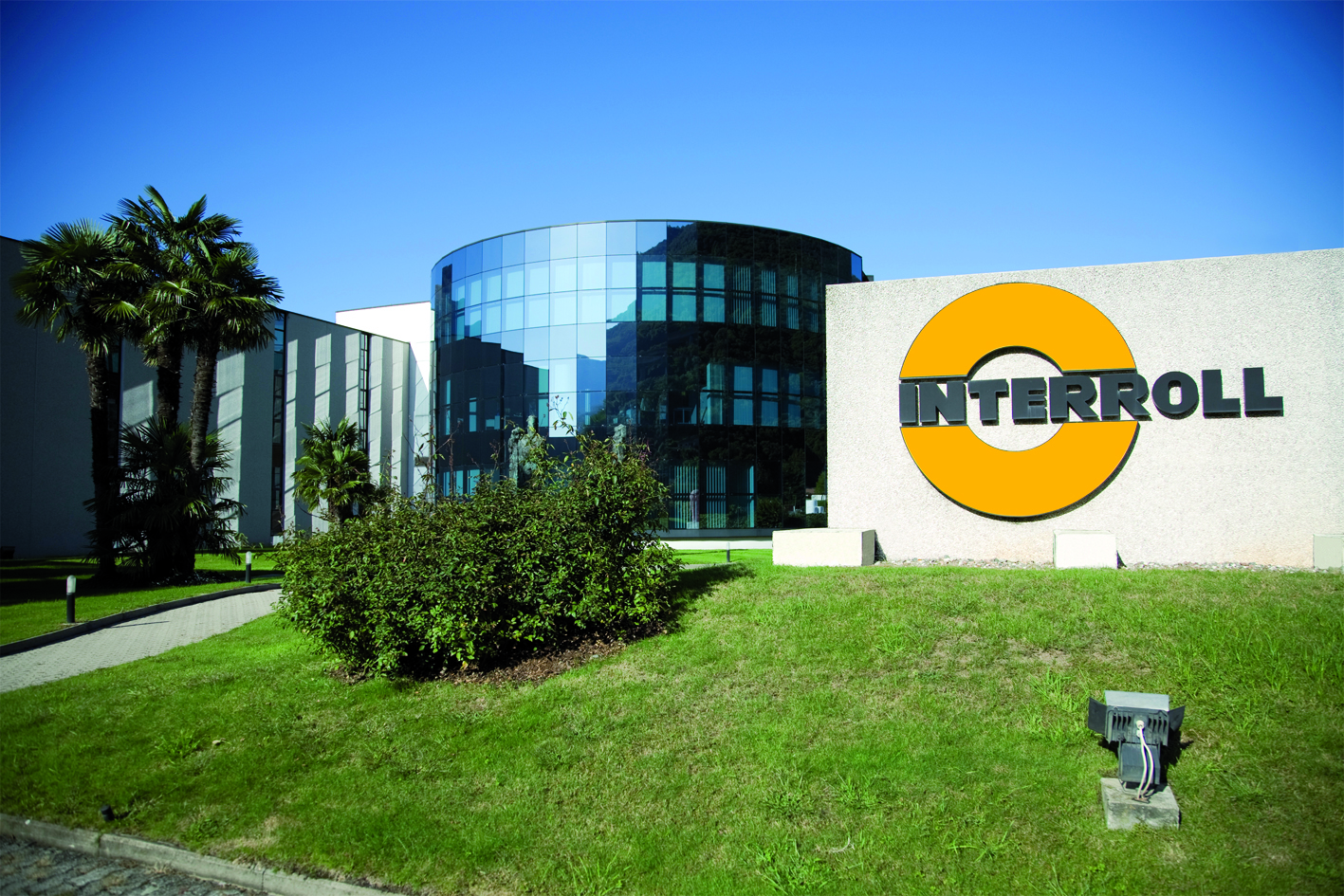After obtaining all regulatory clearances for DSV’s acquisition of Schenker, DSV announces the first executive leadership appointments to maintain momentum and further strengthen the commercial approach and integration efforts.
DSV adds new members to its Group Executive Committee and renames the Solutions Division to Contract Logistics. The changes will become effective after completion of the acquisition which is expected on 30 April.
While DSV’s Executive Board remains unchanged, several new members will be welcomed to the Group Executive Committee:
Helmut Schweighofer will become the new CEO of the Road Division. Schweighofer currently holds a position as CEO of Schenker’s Region Europe with 40,000 employees and a leading role within road freight; a role he has held since 2018. He succeeds Søren Schmidt, who has decided to continue his career outside DSV after three decades of dedicated service.
Vishal Sharma, currently CEO of Schenker’s Region Asia Pacific, will become the new Group CCO. Sharma brings more than 30 years of industry and global executive leadership experience to this role.He replaces Morten Landry, who will continue in DSV as CCO of DSV’s largest division, Air & Sea, from Q1 2026. Until then, Landry will remain part of DSV’s Group Commercial executive team to ensure a smooth transition.
Saskia Blochberger will join the DSV Group Executive Committee as Group Chief People Officer (CPO). Blochberger joins from her position as CPO in Schenker’s Region Europe and brings significant P&O and business strategy experience from a variety of leadership roles. After a long-standing tenure with DSV, Helle Bach, current Head of Group HR, has decided to step down and pursue new opportunities outside DSV.
Jens H. Lund, Group CEO of DSV said “I am very pleased with the strong executive team we will have in place for the next important stage in our journey as the global leader in transport and logistics. A warm welcome to Helmut Schweighofer, Vishal Sharma and Saskia Blochberger, who join our Group Executive Committee from Schenker. They all bring extensive experience and excellent leadership capabilities to drive our business forward. At the same time, I wish to thank Søren Schmidt and Helle Bach for their dedicated and long-standing contributions to DSV. And I am glad that Morten Landry will continue to drive the commercial efforts in our Air & Sea Division.”
With the acquisition of Schenker, DSV is doubling its size, creating a transport and logistics powerhouse. Based on the financials for the full-year 2024, the combined company had a pro forma revenue of approximately DKK 310 billion (£35.6 billion) and close to 160,000 employees. DSV aims to use its strengthened market position to continue to grow through enhanced service offerings and economies of scale, achieving industry-leading margins.
Completion of the transaction is expected on 30 April 2025, when DSV will also present its interim results for the first quarter of 2025 and announce further details and preliminary financial information related to the acquisition of Schenker.









